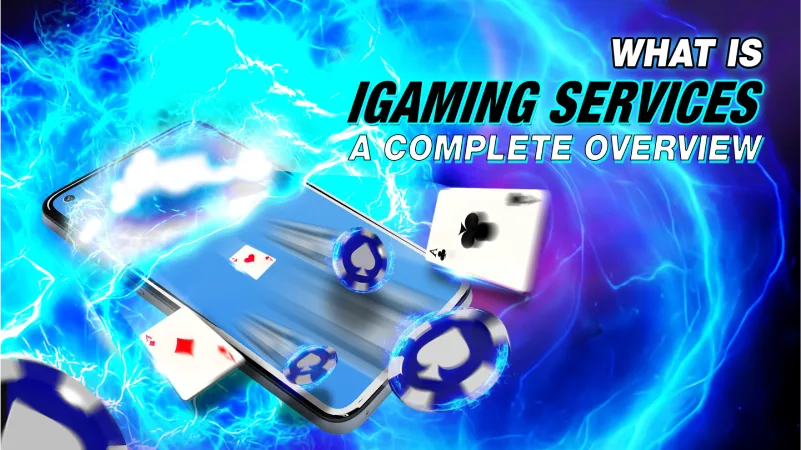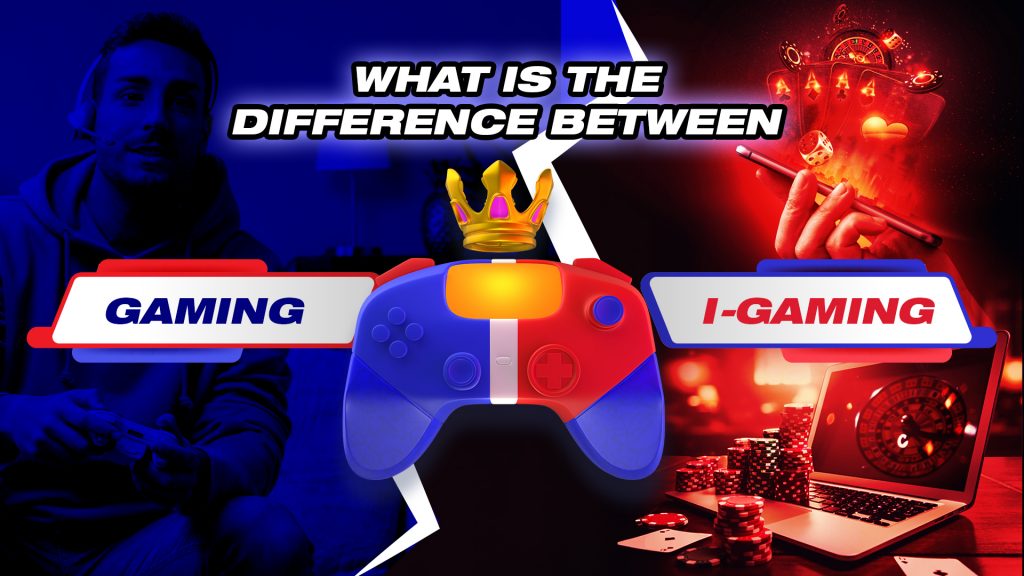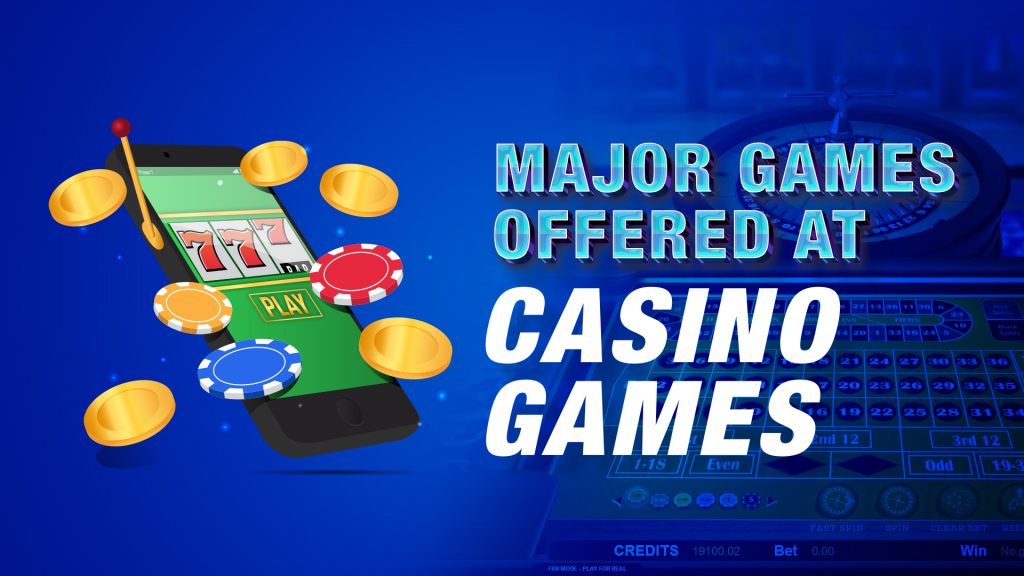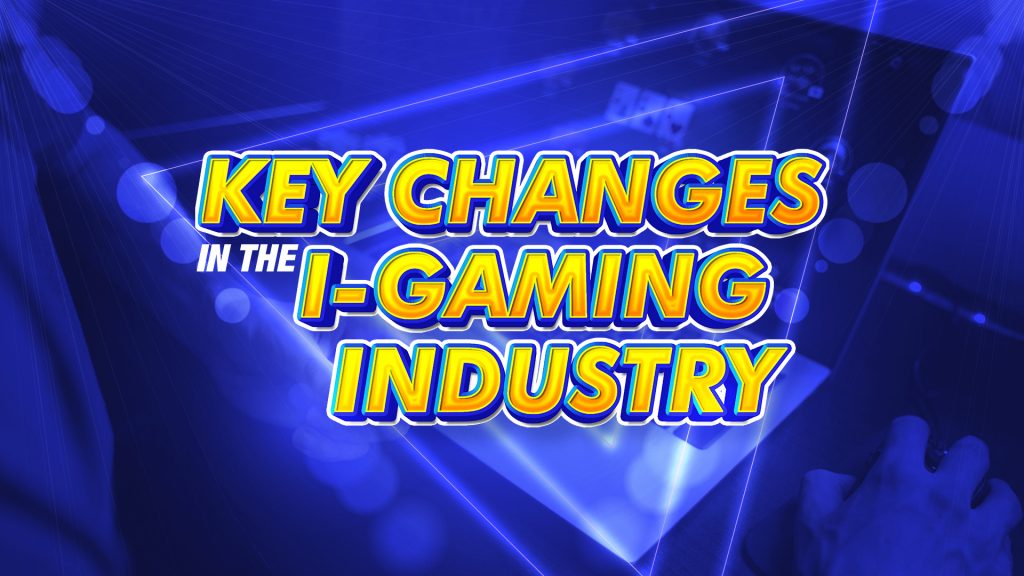What is iGaming Services: A Complete Overview

Summary
iGaming is a rapidly growing industry that has seen significant growth over the past decade. Whether you’re a regular player or just curious about gaming, you’ve likely encountered iGaming during your online experience. To help you navigate this expansive field, we’ve created a comprehensive guide to everything you need to know about iGaming services.
History of iGaming
Gambling has been around since ancient times, but the first official casino was established in 17th-century Italy. It was government-run to regulate gambling as a public entertainment during the Venice Spring Carnival. Fast forward to the digital age, and let’s look at key milestones that have shaped the igaming industry today.
In 1993, Curacao became a pioneer in iGaming by offering online gambling licenses, paving the way for the industry’s growth. By 1996, Curacao issued the first Master Licenses, allowing businesses to operate online platforms and grant sub-licenses.
In Europe, the first online iGaming website was launched in 1994, enabling ticketing for the Liechtenstein International Lottery. A major breakthrough came in 1998 when Planet Poker became the first online card room to offer real-money games.
The early 2000s were a golden era for online gambling, with player numbers doubling annually from 2003 to 2006. By 2000, iGaming revenue had already surpassed $2 billion. In 2003, 888.com was launched, later becoming the first exclusively online casino licensed in the United States.
The rise of smartphones in the early 2010s revolutionized iGaming by making it accessible on the go. Between 2014 and 2017, VR technology advanced, and in 2016, Microgaming introduced the first VR games.
In 2018, the US Supreme Court repealed the Professional and Amateur Sports Protection Act (PASPA), allowing online sports betting.
Since 1993, iGaming has kept its core definition. Major players in the online gambling market include 888 Holdings, Bet365, Betsson, William Hill, VGC Holdings, Kindred Group, Sky Betting & Gaming, Stars Group, Ladbrokes Coral Group, and Paddy Power Betfair.
Globally, iGaming availability has varied, but the UK has been an early leader, establishing a strong presence with various iGaming software providers. Other European Union countries have also experienced steady iGaming growth, influencing regulatory changes across the region.
What is the Difference Between Gaming Vs. iGaming

Gaming and iGaming are commonly used interchangeably, however they refer to distinct forms of activity. Gaming involves physical games, like board games, card games, and video games played on consoles.
In contrast, iGaming refers to online games played through digital platforms, such as casino games or slots accessed via mobile devices or computers.
While gaming and iGaming may appear similar, there are important distinctions between them. Understanding these differences is crucial for players and policymakers, as it helps guide decisions about the regulation and accessibility of these activities.
Types of iGaming
1. Online Casinos
Online casinos offer digital versions of classic casino games, along with a wide variety of slot games. The rules and bets are the same as in traditional casinos, so there’s no learning curve for those familiar with the games.
Recently, virtual reality (VR) casinos have emerged, providing even more immersive and interactive experiences. In these VR settings, users can enjoy realistic casino sounds, 3D tables, lifelike casino rooms, and in-game chats to interact with other players in real time, all thanks to advancements in casino game development.
2. Poker
Online poker Game has seen tremendous growth within the iGaming industry, with the global market expected to reach $193.8 billion by 2030. Online poker is highly versatile, offering variants like straight, stud, draw, and flop, which can be played in different formats, such as:
- Live-stream poker games
- Online games optimized for web browsers or mobile apps
- Virtual games against computer-generated avatars
3. eSports
eSports involves video game players competing against each other, either individually or in teams, in tournaments. Professional gamers often compete for large prize pools, while amateur tournaments offer smaller rewards.
These competitions draw big crowds, both in person and online. Betting on eSports tournaments has become increasingly popular and profitable.
4. Live Dealer Studios
Live dealer studios bring the real-life casino experience online. These studios, usually located within traditional casinos, broadcast live casino games to online players.
5. Online Sports Betting
Online sports betting is one of the most popular and widely accepted forms of gambling. It involves placing bets on the outcome of real-world sporting events through online platforms.
iGaming technology enables a wide range of betting options across different sports, with real-time updates allowing gamblers to bet on events in play, like predicting the final score.
For those seeking higher stakes, accumulator bets offer a chance to win big by combining multiple predictions into a single wager.
These live-streamed games offer an authentic and immersive experience, with full-size gaming tables where online players can interact directly with real dealers and place bets on real games in real-time, making it essential to hire an iGaming software provider.
Major Games Offered at Online Casinos

Online casinos are known for their wide range of games, but some classics always draw players back. Below are the three most popular online casino games:
Blackjack
Blackjack is a timeless card game that’s a staple of casino gaming. The objective is to get a hand as near to 21 as possible without going over. There are several popular variations, including classic blackjack, European blackjack, face-up 21, perfect pairs, and Spanish 21. While some versions may have higher minimum bets, online casinos typically list this information clearly.
Slot Games
Video slots are a major draw for online gamblers, just as traditional Slot Game machines are in physical casinos. They’re easy to play and don’t require much learning, making them accessible for beginners. With countless variations available, you’ll never get bored of playing different slot games.
Poker
Poker Game is a favorite at both land-based and online casinos, and it is known for its competitive and skillful gameplay. It’s a game where practice makes perfect, and there are many variations to suit different skill levels. Popular versions include Texas Hold ’em, Omaha, seven-card stud, five-card draw, and High-Lo Chicago. Most online casinos offer dedicated poker rooms, highlighting its continued popularity.
Online Gambling Regulations and Their Impact on Players
Online gambling regulations are crucial for player protection and industry fairness. Here’s how these rules affect players and the iGaming sector:
Global Overview of iGaming Regulations
Online gambling has become easy and convenient, but how does the iGaming industry ensure player safety and fairness?
Key Aspects of Regulations:
- Player Protection: Regulations focus on fair play and safeguarding players from unfair practices and misleading advertising.
- Cultural Differences: Different regions have varying levels of acceptance for online gambling. Some countries impose stricter rules or bans.
- Tax Revenue: Online gambling generates tax income for governments, and regulations control how much tax operators pay.
- Crime Prevention: Regulations help prevent financial crimes like money laundering and fraud.
- Responsible Gambling: Rules include measures like deposit limits and age checks to reduce gambling addiction risks.
Compliance Challenges for iGaming Businesses
iGaming companies face several compliance issues:
- Multiple Licenses: Expanding into new markets requires obtaining additional licenses, each with its own fees and paperwork.
- Monitoring Systems: iGaming operators must follow strict Know Your Customer (KYC) and Anti-Money Laundering (AML) rules, involving detailed transaction and customer checks.
- Responsible Gambling: Laws mandate features like deposit limits and age verification to prevent addiction.
- Emerging Technologies: The rise of cryptocurrencies and blockchain introduces new compliance challenges for online gambling brands.
Navigating these regulations is essential for maintaining a safe, fair, and compliant iGaming experience, especially as the demand for e-sports betting continues to grow.
Key Challenges in the iGaming Industry

Security Concerns
The industry is facing a rise in hacking and cybersecurity breaches. Threats like hacking and phishing attacks can pose serious risks, making robust security measures essential for protecting both players and companies.
Compliance with Local Regulations
Online gaming laws differ greatly between countries, and iGaming companies must navigate these regulations carefully to avoid hefty fines. For instance, the UK Gambling Commission fined William Hill £19.2 million for failing to protect customers and prevent money laundering, highlighting the importance of legal compliance.
Technical Glitches
Technical problems, such as video buffering or slow loading speeds, can disrupt gameplay and frustrate players. These issues can drive customers to other platforms if not addressed promptly.
Payment Gateways
Payment regulations vary by country, leading to different currencies and payment systems with various constraints. Players may switch to competitors if payment processing is slow, as a report by Internet Vikings suggests that delays longer than 100ms to 150ms can drive players away.
Customer Support
Efficient customer support is crucial for resolving technical issues quickly and ensuring a positive gaming experience. Without timely assistance, players may leave negative reviews and switch to other services.
Language and Cultural Accuracy
Providing accurate language and cultural content helps players feel welcomed and understand the game better. Tailoring content to regional and cultural preferences can enhance user engagement and prevent players from disengaging due to unfamiliar or unclear information.
Future iGaming Trends
Augmented and Virtual Reality
Virtual Reality (VR) and Augmented Reality (AR) are making iGaming more engaging. VR casinos and AR racetracks create interactive and immersive gaming environments. Players can create custom 3D avatars in VR, adding a personal touch to their experience. These technologies make gaming more exciting and encourage players to return for new experiences.
Responsible iGaming
Responsible gambling is a major focus in iGaming. This involves how companies interact with players and handle marketing. AI tools help by spotting players who might be at risk and allowing for timely help. This approach shows that the industry values player safety and ethical practices, building trust with customers.
Local Regulations and Legal Landscape
In 2024, local laws and the increasing legalization of iGaming are having a big impact, especially in the US and Brazil. These rules set clear guidelines and show a commitment to growing the iGaming industry. This clarity benefits investors by reducing risks and creating a better investment environment. Right now, Latin America looks like the best place for iGaming opportunities, with North America and Europe also being strong contenders.
5G Mobile Gaming and Progressive Web Apps
5G technology is changing iGaming with its fast speeds and low delays. It makes real-time streaming and virtual reality (VR) gaming better than ever. 5G allows for smooth interaction and gaming experiences, like live casino games and sports events. A good 5G connection is crucial for these seamless experiences.
WebRTC Real-time Streaming and Industry Standards
iGaming regulations require safe and fair gaming, which helps build trust. High-quality streaming and real-time data are essential for players who need up-to-date information. Multiple camera angles are now common, giving players different views of live games and events. This feature is especially useful for live betting apps.
Conclusion:
The iGaming industry is poised for transformative growth in the coming years, driven by advancements in Virtual and Augmented Reality. To stay ahead in this dynamic landscape, game developers must swiftly embrace these emerging technologies. With stricter regulations on the horizon, it’s vital for iGaming platforms to operate with integrity. As a leading game development company, Source Code Lab is equipped to help you navigate these changes and achieve success. Get in touch to discover how we can support your growth in this evolving industry.
FAQs:
What is iGaming?
iGaming refers to online betting activities where players wager on the outcome of various games or events. This includes sports betting, casino games, poker, and eSports, among others.
Where is iGaming Legal?
The legality of iGaming varies by region and format:
- Daily Fantasy Sports and Sweepstakes: These are legal across all 50 states.
- Online Casinos: Permitted in Connecticut, Delaware, Michigan, New Jersey, Pennsylvania, and West Virginia.
- Online Poker: Allowed in Delaware, Michigan, New Jersey, Pennsylvania, and Nevada.
- Online Sports Betting: Available in 24 states and the District of Columbia for players physically within those states.
Is iGaming the Same as Gambling?
While iGaming and gambling are interconnected, they are not identical:
- iGaming refers to all types of digital gaming, including both free-to-play and real-money games. This includes skill-based games like Daily Fantasy Sports and chance-based games like online lotteries.
- Gambling specifically involves wagering money on games of chance, which can occur online or in person.



































